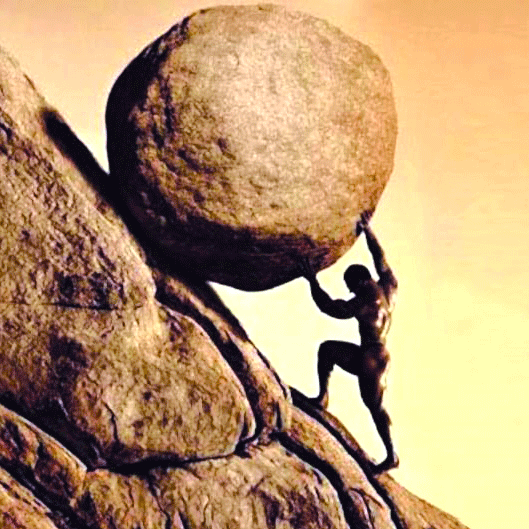Rock & Water
Skills for Physical-Social Teaching
“Young people must be helped in taking important decisions, in setting targets,
in determining what is important to them and where they want to go.”
Freerk Ykema - Founder of Rock and Water
Rock and Water recognises that a person’s physical, social and spiritual identity are intimately related and the program encourages young people to develop each of these aspects of our human nature equally. The Rock and Water program is developed by Dutch educationalist Freerk Ykema. Nowdays more than 50,000 teachers, spread over more than 18 countries worldwide, have trained approximately two million children and students.
All physical, mental and social skills play their part in dealing with conflicts, self defence and in initiating and maintaining relationships.
Our choice in engaging these situations is fundamentally between a ‘hard rock’ attitude, and a ‘flexible water’ attitude. The Rock and Water program seeks to explore these choices through a series of exercises that young people may find challenging and enjoyable.
Rock and Water Goals
-
Aims to assist young people in their development into adolescence and adulthood.
-
Develop self-confidence so that young people can trust their feelings and their intuition.
-
Develop their ‘inner voice’ that gives direction and guidance through life.
-
Develop deep respect for others through awareness, communication and morality.
-
Teach young people to deal with their energy, strength and powerlessness.
-
Highlight the issues of bucking and develop techniques and confidence in confronting bullying.
The Three core aspects of Rock and Water are Self-Control, Self Reflection and Self Confidence.
Self Control:
Young people learn to control and focus their energy, rather than suppressing or guiding it into aggressive behaviour. Skills are developed to cope with this energy in various situations.
As the title of the program suggests, the principles implied in Rock and Water form an important framework during the course.
Rock - the symbol of the unrelenting and uncompromising.
Water - the symbol of co-operation and communication.
Self Reflection:
Young people are given an opportunity to be able to think about their actions and their impact on others.
Skills are developed in asking questions that evaluate their behaviour and areas where they feel they can improve or do things differently.
Self Confidence:
Developing confidence is probably the most important foundation aspect. Young people learn that happiness is found in being true to themselves and others by the way we communicate with each other.
As the founder of Rock and Water, Freerk Ykema states, young people learn that; “…by becoming more aware of their own body they also become more aware of their emotions and feelings. Instead of being ruled by these emotions and feelings, they learn to recognise them, control them and share them with others.”
Grounding. Centring. Focussing.
Young people learn these three principles in order to channel their energy and prevent a fight-flight reaction typical in boys/men, and dealing with anxiety and paralysing of energy (fright-action) typical in girls/women. These principles used in the Rock and Water Program enable participants to increase the capacity to handle conflict situations more competently through effective communication.

